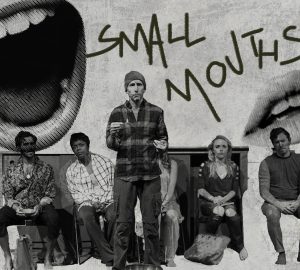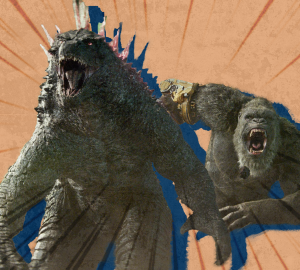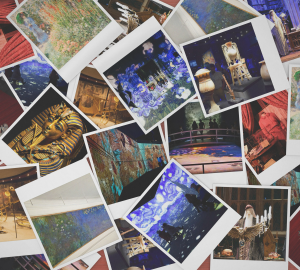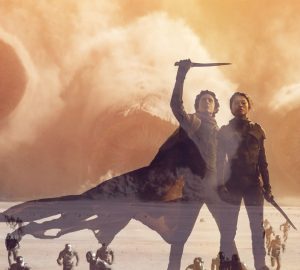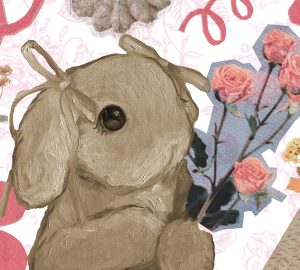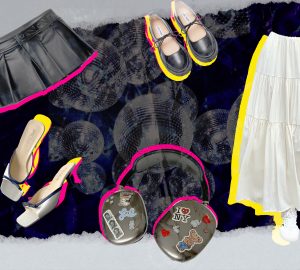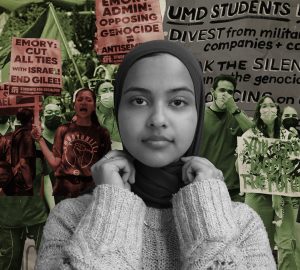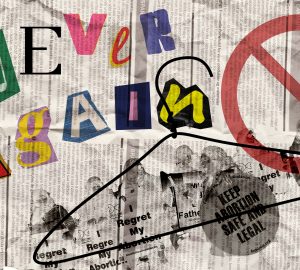All eyes on Belarus: SCAD student recounts protests, election, and police brutality
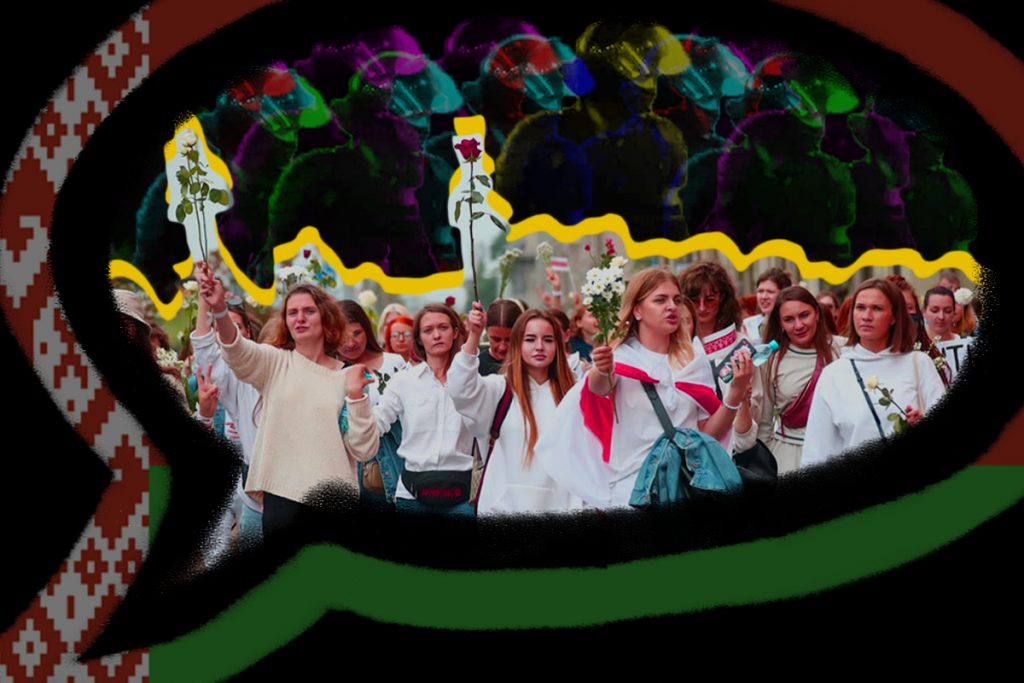
On Sept. 23, Alexander Lukashenko was sworn in as President of Belarus, beginning his sixth term in the post he has held since 1996. The inauguration was held in secret to avoid aggravating the protesters, who have been out in Belarusian streets since before the election. The election, held on Aug. 9, was largely contested, its result sparking a new wave of outrage, protests, and police confrontations. Amidst allegations of electoral frauds, the European Union and the United States have declared they do not recognize Lukashenko as Belarus’s legitimate president. On Oct. 1, the EU imposed sanctions on Belarus. This was not the first time Belarus had received sanctions from the EU in the past 20 years.
The Connector has reached out to Yana Andreenko, a SCAD student and a Belarusian, for an insider’s view of the country’s situation.
Q: Where in Belarus are you right now?
Yana Andreenko: I live in Gomel. It’s in the southeast, near the borders to Russia and Ukraine.
Q: How long have you been home?
Andreenko: I have been home since March, so it’s been more than half a year.
Q: Before the election, was there a lot of campaigning or political activity in your area?
Andreenko: The election were on the 9th of August so candidates started their campaign in June. For people who don’t use social media, it was hard to learn about alternative candidates to the incumbent. Country-wide, the peak of the political activity was immediately before and after the election.
The election results were falsified. The strongest alternative candidates were not even registered by the current government. Before the election, candidates needed to get a specific amount of signatures to be able to run for president. There were groups of volunteers, some of my friends were part of them. They were going from house to house and telling people about the alternative candidates. Some of those volunteers were taken to the police stations for what they were doing. They stated what the volunteers were doing was not legal even though volunteers had all the documents. There was pressure.
Q: What kind of pressure?
Andreenko: It was from the regional government. Police could confiscate the signature sheets and give penalties. Some of the volunteers got fired when it was found out that they were helping to get the signatures for the opposition. When it was the time to calculate the signatures, the government stated that they were falsified and did not take them into account which meant the candidates were not registered.
Q: To your knowledge, before the election, were the people liking your current president, Alexander Lukashenko? Or did they want him out?
Andreenko: The Belarusians’ love, support, and any tiny bit of respect for the current government died a long time ago. They did want him out, but there were no worthy alternatives for the president. He has been in this post for 26 years — people have lost their hope for a possibility for a change. But, this election changed everything.
Q: We know the media has reported on the protests and crackdown breaking out after the election. I want to ask if you witnessed or was exposed to any of the police brutality.
Andreenko: Watching thousands of videos of police brutality and listening to my friends’ stories of being arrested, it feels like it all happened to me. But I’m lucky to not have witnessed the brutality myself. When attending the protests, I tried to stay in the crowd and leave before the police would come to arrest people.
Q: Also, we have noticed the emergence of women as the face of these protests. Do you see the same thing where you are? How frequent are the protests where you live?
Andreenko: Yes. The “women solidarity chains” started firstly in Minsk, the capital. They quickly spread throughout the country. In my hometown, they take place more often on the weekends now.
Q: As a woman and a Belarusian, how does it make you feel?
Andreenko: It empowers me and fills me with pride for being a Belarusian. Dressed in white dresses with flowers in our arms, we stood up against the police in riot gear with batons.
Q: That’s a very nice image. Did the pandemic impact you guys? How frequent do you go to these protests?
Andreenko: The pandemic affected far more people here what the officials said. While other countries were closing one by one, there was no quarantine in place here. In the protests, people wear masks and sanitize their hands.
I went more often in August during the first week after the election. It was several times per week, with my friends. Then I got sick with COVID-19 and stayed at home for one month while following the news and updates through social media.
My mom is a doctor and her friend got sick, so she visited her to check on her. After two days, she started to feel bad, had a fever, and lost her sense of taste and smell. Me, my dad, and my sister got the virus from Mom. We able to stay home as we had mild symptoms, but my mom spent three hard weeks in the hospital. Now we all have recovered and come back to our routine, but my dad still has some breathing problems from time to time.
Q: So after that do you go to protests anymore?
Andreenko: I don’t go on the protests now because I’m scared of making other people sick. I keep supporting people who do go, but I want to wait a while longer to be sure it will be safe for people.
Q: That’s very nice of you. So one of interview’s aims is to raise awareness among SCAD students, a lot of whom might be experiencing similar political upheavals. Is there something you want to say to them?
Andreenko: I think the main call to action will be to stand up for your rights and freedom. When your right and your voice are taken away from you, what is left for you in this country? To fight for it doesn’t mean to respond to violence with violence. Belarusian protesters have been beaten, arrested, and beaten again, but they still take to the streets with flowers and flags day after day. No city attractions were damaged, no stores were robbed, no police officers were physically attacked by the protesters. They stand together peacefully. Stand for your rights and your voice because no one else will do it for you. Present Belarus is a great example of what should not happen in any democratic country in the 21st century.
Q: Do you have anything else you want to say?
Andreenko: I want to mention the Instagram account @voicesfrombelarus where there is a lot of English content highlighting events in Belarus. I hope it would help spread information and raise awareness around the world.

